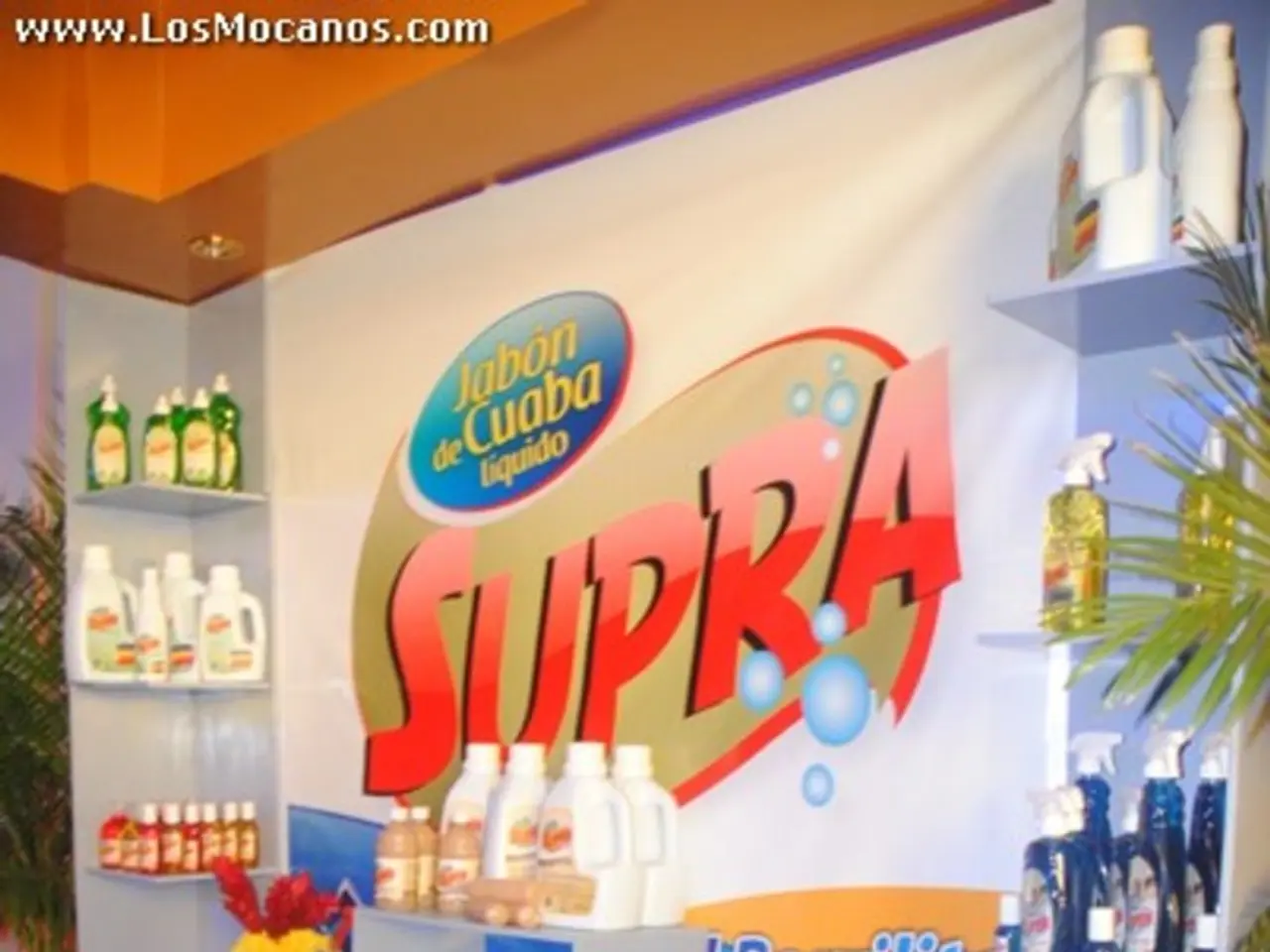Vedanta's HZL paying fee amidst scrutiny from Viceroy
In a recent report by US short-seller Viceroy Research, Vedanta, a prominent mining conglomerate, has been accused of violating its shareholder agreement with the Indian government regarding the collection of brand fees from its subsidiary, Hindustan Zinc Ltd (HZL).
The allegations state that HZL paid approximately ₹1,560 crore in "brand and strategic services" fees to Vedanta without proper commercial justification or government approval, constituting a breach of the shareholder agreement. Viceroy claims that this breach specifically relates to failure in obtaining government consent for the brand fee arrangement, and that this violation of Clause 4.5 of the Shareholders’ Agreement could empower the Indian government to take significant action.
The potential consequences of this alleged breach are severe. If confirmed, the government has the right to invoke a "sovereign put or call option," which could financially hurt Vedanta significantly. This could potentially result in repayment of over $280 million already paid, demands for further repayment, or the triggering of costly put/call options, potentially leading to financial outflows exceeding $10 billion.
However, Hindustan Zinc Ltd's CEO Arun Misra has rejected these allegations, stating that due process was followed for the brand fee approval, including consultations, legal vetting, and sharing proposals with government-nominated directors ahead of board meetings. He emphasized that the board, including government nominees, approved the fees and there is no issue with compliance.
The dispute between Viceroy Research's claims and Vedanta/HZL's position raises questions about the validity of the brand fee agreement and the potential financial penalties that may ensue. Other concerns have been raised about HZL's financial health, with reports of pending tax and royalty claims totalling ₹15,000 crore, casting doubt on its long-term solvency.
Furthermore, the report flags other questionable dealings involving HZL's funds being routed to promoter-linked firms like Serentica Renewables and Runaya Greentech, in some cases for negligible returns. Under the shareholder agreement, any major related-party deal requires special consent from the government, and Vedanta may have triggered an "event of default" by not seeking this.
Despite these concerns, Bank of America (BofA) maintains a positive stance on Vedanta and its subsidiary's securities, citing reduced liquidity risk, lower debt, and improved credit metrics. BofA expects Vedanta's free cash flow to rise on stronger aluminium and silver prices.
In response to the latest report on HZL, Vedanta has not commented further, following its refutation of earlier claims made by Viceroy. However, HZL has continued to pay out large dividends, largely by taking on more debt.
In conclusion, the allegations against Vedanta and HZL regarding the brand fee agreement and shareholder agreement breach are significant and could have far-reaching implications for both companies. The outcome of this dispute will likely be closely watched by investors and financial analysts alike.
- The mining conglomerate Vedanta, accused by Viceroy Research of violating its shareholder agreement, faces potential financial harm if the allegations are confirmed, with the government able to invoke a "sovereign put or call option" leading to significant financial penalties.
- The brand fee arrangement between Vedanta and its subsidiary, Hindustan Zinc Ltd (HZL), is under scrutiny, with questions raised about its commercial justification and government approval, as well as concerns about HZL's financial health and potential long-term solvency.
- Reports suggest that HZL's funds have been routed to promoter-linked firms for negligible returns, which might constitute an "event of default" under the shareholder agreement, as these major related-party deals require special government consent.
- On the other hand, Bank of America maintains a positive stance on Vedanta and its subsidiary's securities, highlighting reduced liquidity risk, lower debt, and improved credit metrics, as well as expectations for increased free cash flow due to stronger aluminium and silver prices.
- Personal-finance enthusiasts and investors may find the outcome of this dispute between Vedanta/HZL and Viceroy Research particularly interesting as it sheds light on due diligence, business ethics, and the potential risks involved in investing in the mining sector.
- Meanwhile, the decentralized finance (DeFi) industry offers alternative investment opportunities, catering to those seeking diversified portfolios that include real-estate, stocks, or cryptocurrencies, and promising high liquidity, transparency, and greater control over their personal-finance management.




